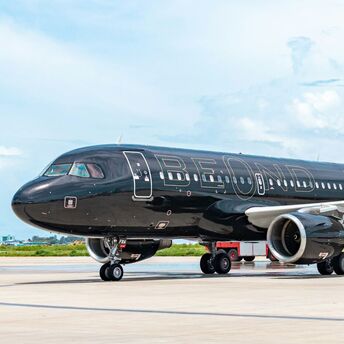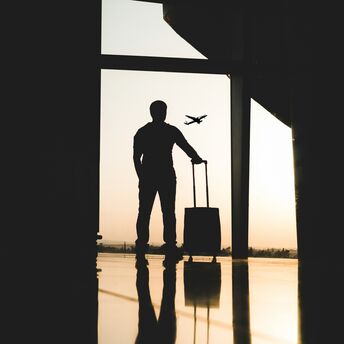The Rise of Mindful Walking in Travel

Mindful walking has emerged as a significant trend in modern travel, offering a shift from conventional tourism towards a more reflective and immersive experience. Rooted in the practice of engaging fully with one’s surroundings, this approach encourages travelers to slow down and connect with nature through sights, sounds, and textures. Such walks provide an opportunity for mental rejuvenation and are increasingly sought after by those looking to escape the pressures of everyday life.
This growing interest highlights a broader shift in travel behaviors. Instead of prioritizing destinations or ticking off attractions, travelers are focusing on the journey itself. Mindful walking, whether along a coastal path or a forest trail, allows individuals to explore landscapes at their own pace. This approach fosters a stronger connection with the environment, emphasizing quality over quantity and redefining the purpose of travel.
For such journeys, preparation is essential, with practical considerations taking precedence. Reliable gear, such as waterproof backpacks, plays a crucial role in ensuring comfort and convenience. Brands like Horizn Studios offer backpacks designed to withstand diverse weather conditions, making them an excellent choice for walking trips. Whether facing sudden rain or intense sun, these bags keep essentials protected and accessible, allowing travelers to focus on their journey without distraction.
When preparing for a walking trip, choosing the right backpack is essential. Look for a design with weather-resistant materials to protect your belongings in unpredictable conditions and breathable padding to ensure comfort during long walks. A backpack with multiple compartments can help organize essentials, while easy access to the main compartment is crucial for convenience on the go. These features ensure your gear remains secure and accessible throughout your journey.
The shift toward mindful walking signals a broader change in how travel is valued. This trend not only supports sustainable tourism but also challenges the fast-paced, checklist-driven approach often associated with traditional vacations. For travelers, it represents a chance to embrace meaningful engagement with the world, prioritizing experiences that resonate both physically and emotionally.



















